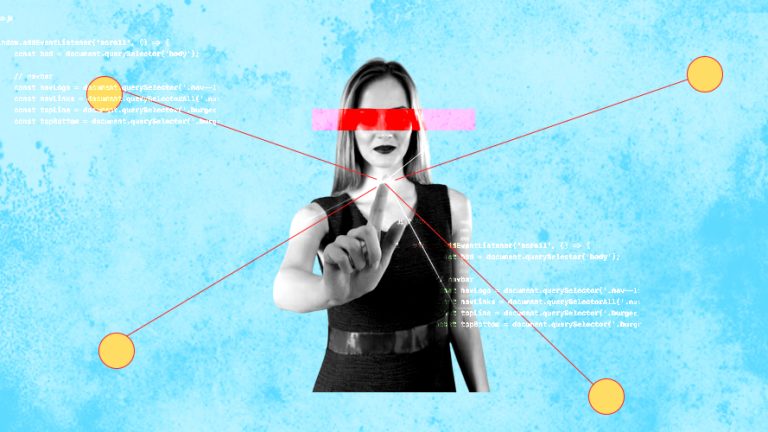Unveiling roles of women in AI. Driving ethical frameworks in AI and automation
Women are making a substantial and disruptive presence in the rapidly emerging artificial intelligence and automation environment. “Exploring Diverse Roles for Women in AI and Automation” digs into the fast-paced world of technology, showcasing women’s pioneering contributions and untapped potential. Women in AI are breaking down boundaries and changing the industry’s future, from leading AI research and development to designing ethical frameworks.
This enlightening article recognizes women’s roles in AI and automation, addressing the hurdles they’ve overcome and their potential. Join us through this article on this transformative path of inclusiveness and innovation.
1. Research and Development
Women are making ground-breaking contributions to artificial intelligence research and development. Their different backgrounds and experiences bring new ideas and approaches, stimulating innovation in algorithms, natural language processing, computer vision, and other fields. We can unlock the full potential of AI technologies and guarantee they cater to a wider spectrum of consumers by encouraging diversity in research teams.
2. Ethical AI Design
As AI gets more embedded into our lives, ethical concerns become more important. Women are at the forefront of AI ethical conversations, ensuring technology is created and used responsibly and fairly. Their emphasis on openness, accountability, and bias reduction aids in developing equitable and just AI systems.
3. AI for Social Good
Women in AI and automation are applying their expertise to address significant societal issues. They use artificial intelligence to better disaster response, make healthcare accessible, promote sustainable practices, and empower marginalized groups. Women make the world more inclusive and caring by using AI for social good.
4. Entrepreneurship and Startups
Women-led AI and automation firms are thriving, bringing new ideas and views to the IT industry. These entrepreneurs are upending old business paradigms, developing cutting-edge technology, and propelling economic growth. Encouragement and support for female entrepreneurs diversify the IT environment and lead to more imaginative and well-rounded solutions.
5. Bridging the Gender Gap
Despite tremendous advancements, a gender gap in AI and automation persists. Initiatives that promote education and mentoring for women in STEM disciplines are critical for closing the gender gap. We can inspire women to seek professions in AI and automation by giving them chances and resources and establishing an environment where various voices may thrive.
6. Empowering Future Generations
Women in AI and automation are paving the road for future generations and motivating them. They encourage young women and girls to pursue STEM education and jobs by serving as role models, mentors, and advocates, resulting in a more diversified and skilled workforce in the future.
7. Inclusive AI Design
AI systems must represent the requirements and experiences of all users. Women’s participation in AI design guarantees that goods and services serve a broader audience, removing bias and increasing customer satisfaction. An inclusive approach to AI design benefits everyone and guarantees that technology works for everyone.
8. Overcoming Challenges
Despite their substantial contributions, women in AI and automation continue encountering problems such as gender bias, unequal opportunity, and workplace discrimination. Addressing these hurdles through regulatory changes, diversity programs, and establishing inclusive work environments is critical.
In conclusion, AI and automation are fast evolving, and women play an important part in molding their future. Their involvement in various areas, ranging from research and development to entrepreneurship and ethics, drives innovation and promotes equitable and inclusive technology. We can ensure a more diverse, caring, and transformational tech landscape for all of us by encouraging more women to pursue employment in AI and automation and creating a welcoming environment. Accepting women’s different roles in AI is critical not only for the industry’s progress but also for creating a brighter and more fair technological future.






Add comment